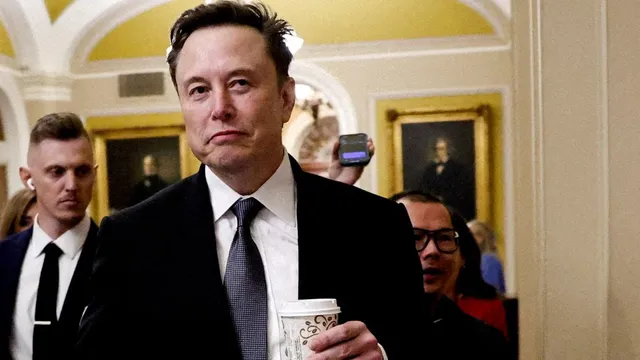NEW DELHI: Elon Musk-owned X (formerly Twitter) has filed a case against the central government in the Karnataka High Court, challenging the alleged misuse of the Information Technology (IT) Act to block content on the platform. The lawsuit, filed on Thursday, questions the Centre’s interpretation of content regulation laws and accuses it of arbitrary censorship.
X Challenges Government’s Use of IT Act
In its plea, X has raised concerns over the government’s use of Section 79(3)(b) of the IT Act, arguing that it creates a parallel mechanism for content blocking that bypasses the legal framework established under Section 69A. According to news agency PTI, X claims that this interpretation violates the Supreme Court’s 2015 ruling in the Shreya Singhal case, which mandated that content can only be blocked through a structured legal process or under Section 69A.
Section 69A vs. Section 79(3)(b): Key Differences
Section 69A allows the government to order content removal in cases involving national security, public order, or threats to India’s sovereignty. It provides companies with a clear legal basis for acting on takedown requests.
In contrast, Section 79(3)(b) is more ambiguous. It requires social media platforms to determine what content is illegal, placing the burden on them to decide whether to take down content or face potential lawsuits. X contends that this uncertainty forces platforms to err on the side of caution, leading to over-censorship and a chilling effect on free expression.
Legal Risks and Platform Liability
Social media companies, including X, argue that Section 69A offers a defense against liability, as it shifts the responsibility of determining illegality to the government. However, with Section 79(3)(b), companies fear legal action due to its vague language, making them vulnerable to lawsuits or accusations of bias. This uncertainty places an enormous burden on platforms to police billions of posts daily, a task that is technically unfeasible.
Concerns Over the Sahyog Portal
X has also legally challenged the government’s Sahyog portal, developed by the Indian Cyber Crime Coordination Centre (I4C) under the Ministry of Home Affairs. The portal facilitates direct coordination between social media platforms and law enforcement agencies to manage takedown requests under Section 79(3)(b).
X has refused to assign an employee to the portal, arguing that it acts as a “censorship tool” designed to pressure companies into removing content without judicial oversight. The lawsuit alleges that this system bypasses legal scrutiny and represents yet another attempt by the government to control online discourse.
Reference to the Shreya Singhal Case
X emphasized that the Centre’s approach contradicts the landmark Shreya Singhal vs. Union of India ruling of 2015, where the Supreme Court held that content could only be blocked through established legal processes under Section 69A. The company claims that the government’s interpretation of Section 79(3)(b) undermines these safeguards, creating an environment where platforms are forced to engage in proactive censorship.
As X challenges these regulatory practices, the outcome of this case could have far-reaching implications for digital governance and free expression in India.




